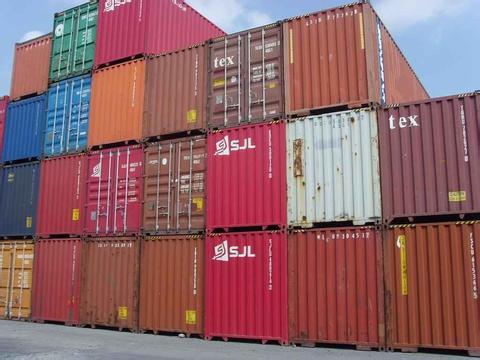Diesel Engine Generator Set,Diesel Genset,Googol Diesel Power Genset Bison Machinery Co., Ltd. , http://www.tzengine.com   In the second quarter, under the background of the slow recovery of the external economies around the world, countries have been stimulating domestic demand through the promotion of consumption and investment guidance to stabilize the production of port containers. In the quarter, except for some ports in Asia and the Americas that maintained a relatively high growth rate, the rest of the ports are still hovering low. Although the overall container throughput of the global port is still rising, the increase is less than 3%, which is a significant drop from the first quarter. The negative growth of ports has slightly decreased compared with before, but there are many uncertainties such as fluctuations in freight rates and route adjustments. The development of container ports in the second half of the year is still difficult to improve.
  In the second quarter, under the background of the slow recovery of the external economies around the world, countries have been stimulating domestic demand through the promotion of consumption and investment guidance to stabilize the production of port containers. In the quarter, except for some ports in Asia and the Americas that maintained a relatively high growth rate, the rest of the ports are still hovering low. Although the overall container throughput of the global port is still rising, the increase is less than 3%, which is a significant drop from the first quarter. The negative growth of ports has slightly decreased compared with before, but there are many uncertainties such as fluctuations in freight rates and route adjustments. The development of container ports in the second half of the year is still difficult to improve.
Shenzhen and Hong Kong intense competition, the first time this year or beyond <br> <br> the imbalance of regional economic development as well as production efficiency and operating cost differences ports, 2013 global container port rankings or will face a re-shuffle. Hong Kong, once the 12th consecutive year as the world's busiest container port, is affected by the southward migration of the PRD industry, the transfer of transfer containers, and the high cost of port operations. Today, the status of the “third brother†in the world may not be maintained. In the second quarter, under the impact of the strike, Hong Kong only completed 5.4 million TEU of container throughput, a year-on-year decline of 13.1%. Shenzhen Port has completed a total of 5.71 million TEU, which is more than 300,000 TEU higher than Hong Kong. Million TEU. Hong Kong is expected to surpass Shenzhen this year and retreat to fourth place in the world. In addition, Ningbo-Zhoushan Port is also doubling the growth rate of Pusan ​​Port and gradually narrowing the gap between the two ports to catch up; Qingdao Port surpasses Guangzhou to become the seventh largest container port in the world with an unstoppable development trend; The slight increase in the port of Rotterdam will also be bound to be overtaken by the Klang Port and Kaohsiung Harbor.